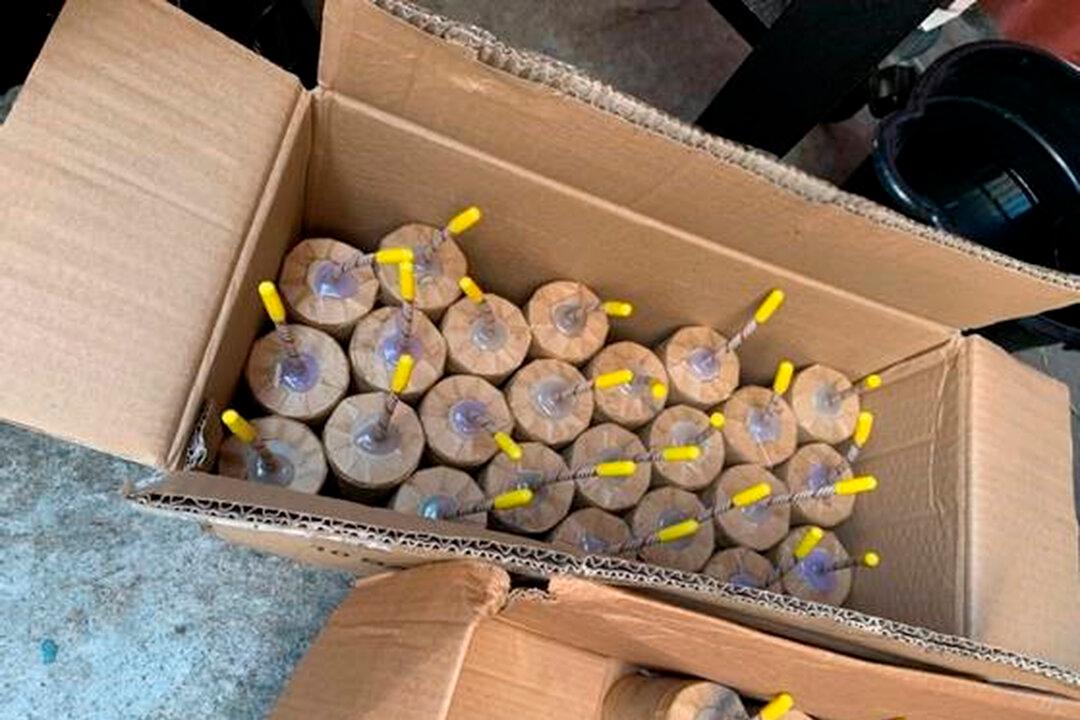LOS ANGELES—A 27-year-old man was charged Saturday with illegally transporting tons of explosives he purchased in Nevada—including several that left a trail of destruction and injuries after they blew up in a Los Angeles neighborhood.
Arturo Ceja III faces the federal charges, according to the U.S. Attorney’s office in Los Angeles.





